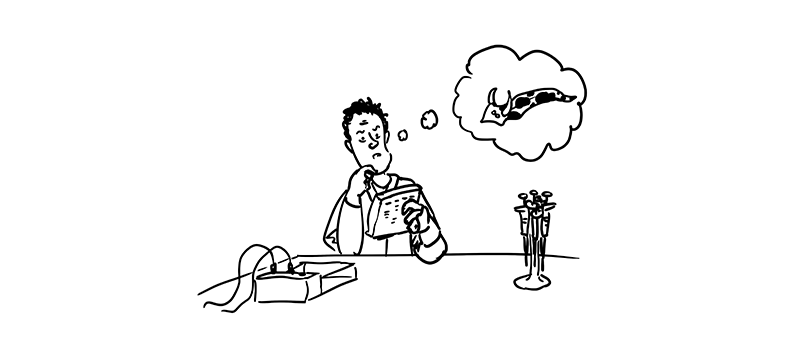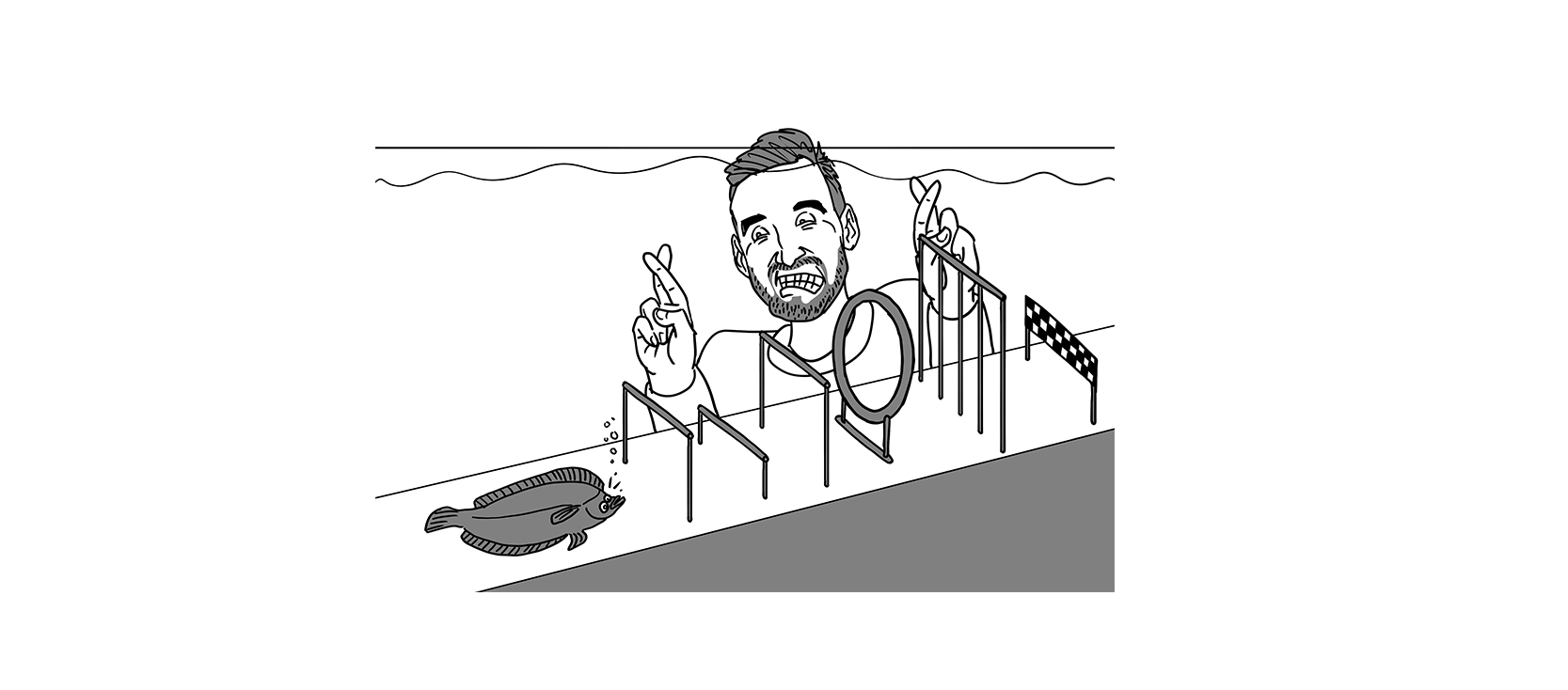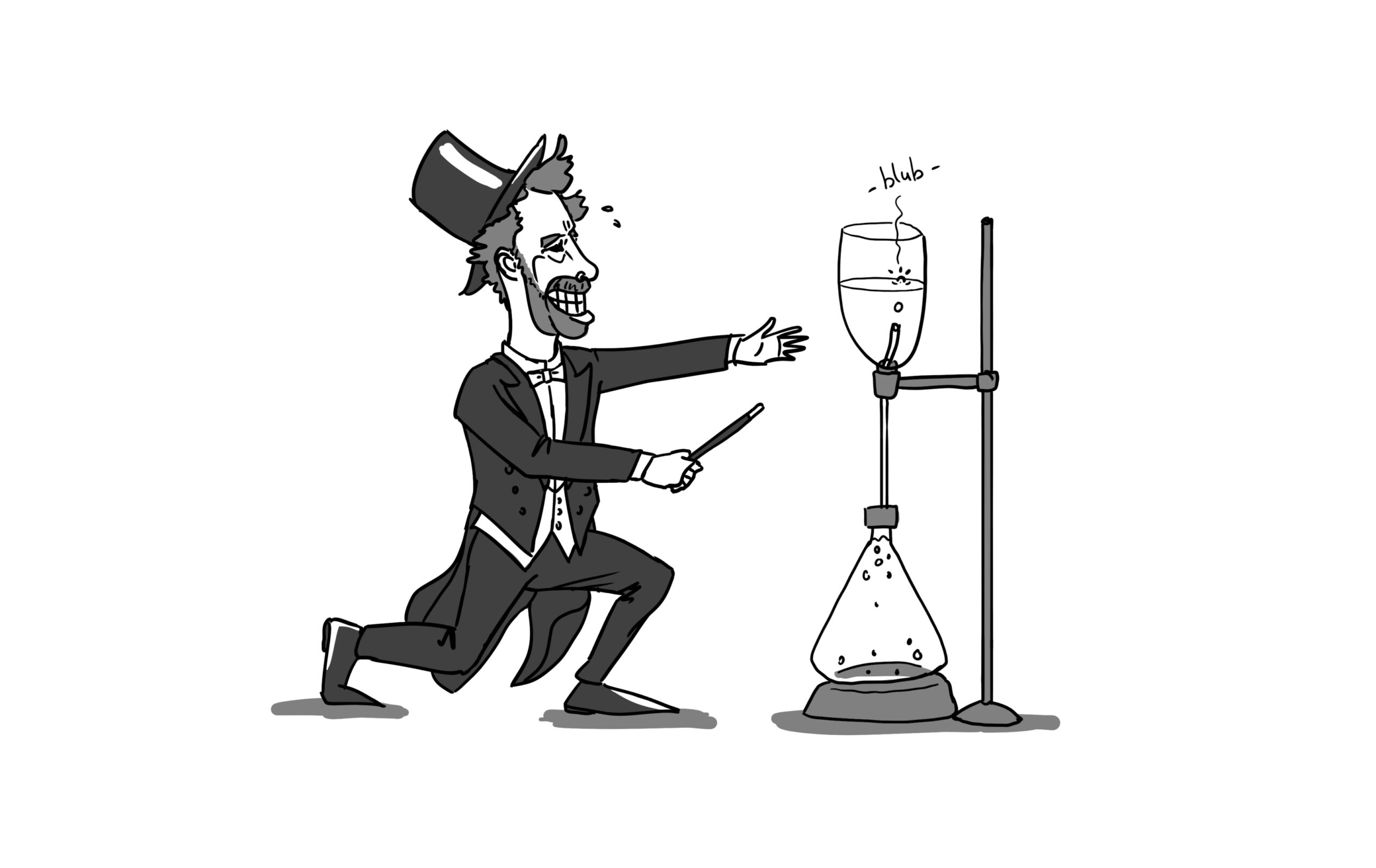A botched experiment, a rejected paper: such things are soon labelled as failures in academia. As for talking about them — not the done thing! But that is just what WUR scientists do in this column. Because failure has its uses. This time, we hear from Jente Ottenburghs, a lecturer at Wildlife Ecology & Conservation and Forest Ecology & Forest Management.
‘I can laugh about it now — my moment of failure as a Bachelor’s student. When I was in Belgium researching flatworms, after one experiment I somehow ended up with the DNA of a cow. My supervisor and I couldn’t work it out.
There I was, a newbie in the lab, ready for my first independent study. My aim was to map the genetic diversity of flatworms in Doñana in Spain. The first step was to isolate DNA from flatworms. Then I used the PCR technique to replicate a piece of DNA to confirm whether the isolation process had been successful. I made sure I had a negative control: water instead of a sample. To my surprise, I also got a result from the negative control. I knew experiments could fail, but a failure with this simple technique…?
If I couldn’t even manage this, how was I supposed to do the more complicated experiments? I repeated the experiment in a sterile environment to avoid contamination. It made no difference: the control still contained DNA. When we analysed it, the DNA turned out to be from a cow. The penny dropped later when my supervisor opened the fridge in the lab. There were the materials for my experiment: buffers, enzymes, and food for the flatworms — cow’s liver.
That cow’s liver had probably contaminated our materials. Because we were looking for a gene in the DNA that is found in all animals, we were replicating not only DNA from flatworms but also from cows.
If I couldn’t even manage this, how could I do more complicated experiments?
I was able to continue with my research after that, using fresh materials. After all that effort, it turned out that there wasn’t any genetic diversity in flatworms in Doñana, as far as we could tell. Even so, my Bachelor’s thesis was useful. It showed once again how important it is in any experiment, whether large or small, to have the right controls.’

 Illustration Stijn Schreven
Illustration Stijn Schreven 

